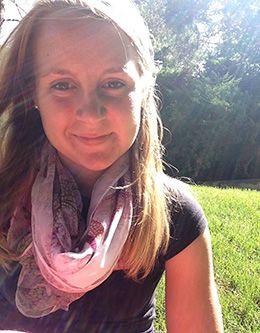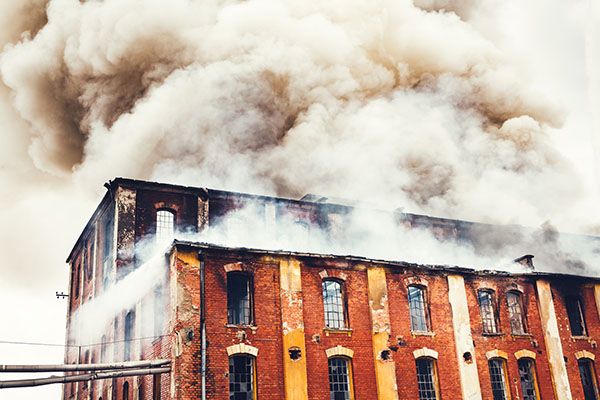Hope for When We Mess Up
June 15, 2017 • Blog Post
When I was 11 years old, I messed up. In some ways, that’s a misleading statement, because I had already messed up plenty of times by the time I was 11. But this was different, and for some reason I felt it was more “wrong” than my other wrongs.
I hated the dirty and dark feeling I had, which signaled the loss of the Spirit, so I went through all the essential steps of repentance. I felt sorry, I prayed for forgiveness, and I promised God and myself that I wouldn’t do it again.
But I did do it again. And then again.
In fact, I went through that same cycle countless times for years. Every time I messed up, I felt sorrier, prayed harder, and committed more forcefully. But somehow I found myself as imperfect as before. Each cycle was more frustrating than the last, and I felt ashamed that I—who had been given so much—was failing God.
My guilt manifested itself in subtle but painful symptoms of loneliness, fear, and self-consciousness. It was not a constant companion, but it had a way of finding me at unexpected times and making it impossible to forget the worst part of myself.
The Two Miracles: Repentance and Forgiveness
When I was 16, I was given the strength to leave that sin behind for good. This was the miracle of repentance. As grateful as I was for that miracle, no matter how much time passed, I could not stop defining myself by my mistakes. The Lord tried to give me glimpses of myself through His gracious eyes, but the image never stayed because even if He had forgiven me, I couldn’t seem to forgive myself. The guilt was less intense and less frequent than it had been before, but it still followed me and clouded my confidence from time to time.
The second miracle took place three years later. It was the miracle of forgiveness. In a devotional during my first semester at BYU, law professor James Rasband shared an analogy that has never left me. He likened the Lord to a benevolent landlord, and each of us to His tenants. He said:
Sometimes we burn the house down through our own carelessness—we play with fire. Sometimes the house burns down through no fault of our own—lightning strikes and there is nothing we can do about it. Sometimes our house burns down because of the sins of others.
He explained that no matter how the damage was incurred or how severe it was, the landlord was willing and able to repair and rebuild the house—not just the way it was before, but bigger and better. He then made this powerful statement:
The point is that the Atonement is very big compensation that can take care of very big harms. Forgiveness doesn’t mean minimizing the sin; it means maximizing our faith in the Atonement.
(“Faith to Forgive Grievous Harms: Accepting the Atonement as Restitution,” 23 October 2012)
I finally realized that my inability to forgive myself was a lack of faith in the power of the Atonement. In other words, I was trying to repair my house without asking for help from the One who had the tools, the knowledge, and the strength to make it possible. I realized that it didn’t matter that my trial was because of my own actions; what mattered was that the Lord was ready to heal me. After all, He doesn’t say, “Come unto me, all ye that labour and are heavy laden—unless your heavy load is your own fault.” Instead, the burdens we place on ourselves are some of the burdens He is most anxious to lift—but we have to let Him.
A Seven Year Burden Lifted
That same semester, I felt prompted to speak to my bishop, who offered the loving guidance, counsel, and assurance of my forgiveness that I needed. As I left his office, a wave of relief, gratitude, and joy rushed through me. I literally felt lighter. That day, I finally gave my burden to the Lord, forgave myself, and allowed Him to begin healing me.
I’ve learned a lot since I was 11, and I still mess up—you could say that my house is still incurring damage. But no matter what state it is in or how it happens, I know now that my Landlord will not only repair my house, He will, as Brother Rasband explained, “replace my house with a castle and then give me all that He Himself has.”

Christinah Mulder is an SEO writer for BYU Speeches. A classicist and a linguist, she is captivated by the power of words. She loves her native Floridian beaches as well as her beautiful Utah mountains. Her comfort foods include grits and English chippy. She believes that everyone has a story worth telling, and hers is authored by family and faith.




